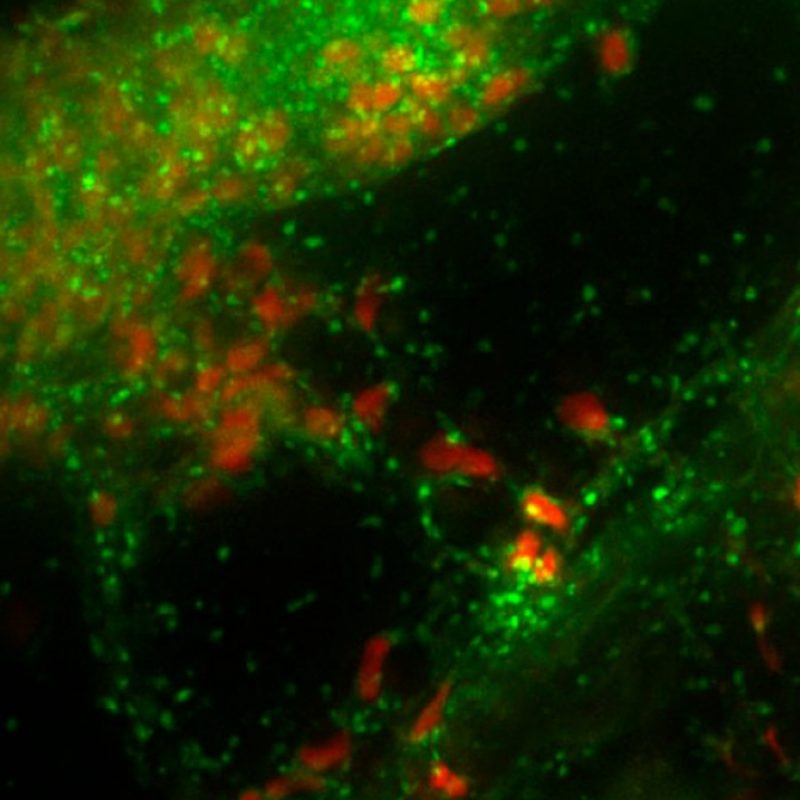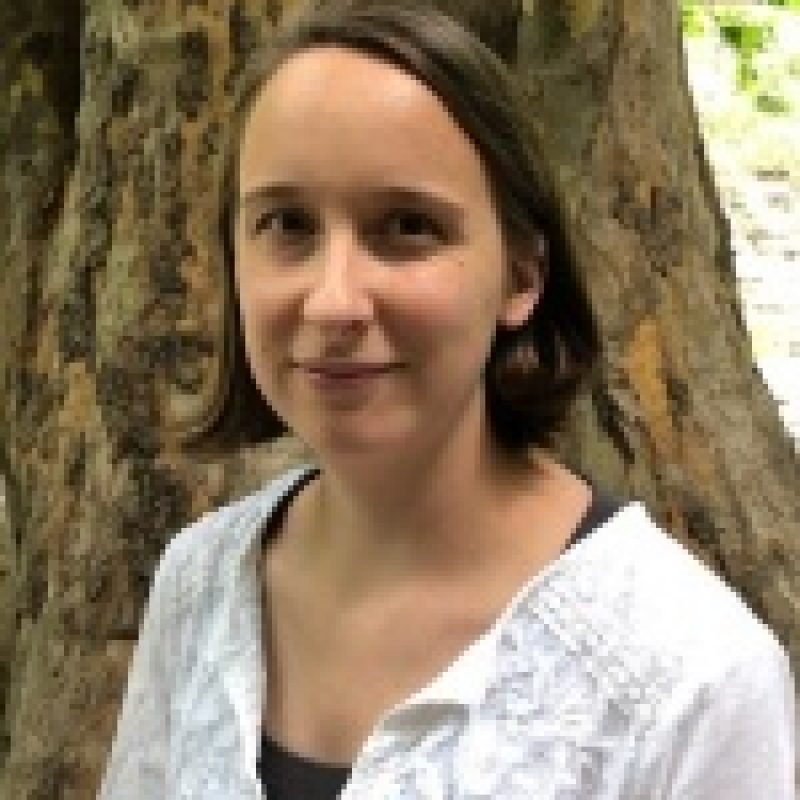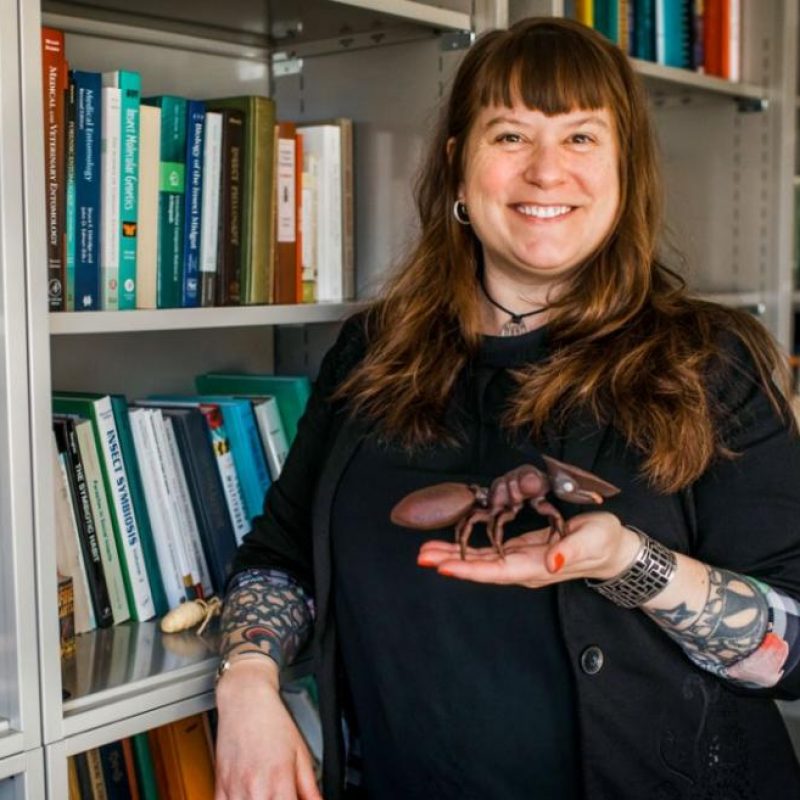Tag: Microbiota and Microbiomes
-

New Call for Postdoctoral Fellows!
Now accepting applications to the CIHMID Postdoctoral Training Program. Applications are due Sept 10, 2023.
-

Kelsi Sandoz
Research in my lab probes the environmental, structural and physiological basis of bacterial survival. The majority of earth’s microbes exist in a non-growing, surival state, making it important to better understand the mechanisms underpinning this physiological state. We primarily use the environmental zoonotic pathogen, Coxiella burnetii (causative agent[...] -

Heather Feaga
The Feaga Lab uses structural, biochemical, and omics approaches to study bacterial ribosomes. Our research aims to identify new protein factors that interact with ribosomes and that keep protein synthesis running smoothly. Students will use transposon mutagenesis coupled to deep sequencing (Tn-Seq) to identify genes[...] -

Janelle Veazey
Janelle’s research project aims to understand how diet affects the microbiome, and how these diet-dependent microbiome changes affect the immune system- particularly CD8+ T cells. Her work also uses flow cytometry and sequencing to look at how diet and microbiome changes in early life affects[...] -

Lori Huberman
The Huberman lab uses genetic and genomic techniques to study the genetic mechanisms used by fungi to sense and respond to the nutrients in their environment. Student projects will include performing genetic screens to identify genes important in nutrient sensing and using genetic and genomic[...] -

Megan Greischar lab
Parasite life history strategies within the host, especially the timing of replication and transmission, influence disease severity and spread. I study how subtle differences in ecology within and outside the host can generate dramatic differences in parasite strategies. My research program uses two major approaches: Building ecologically-detailed models to ask when and why particular strategies […]
-

Tobias Dörr lab
My group studies cell envelope stress responses of Gram-negative pathogens. We are defining regulatory pathways and functional networks of enzymes involved in cell wall degradation, modification and synthesis as well as factors required for upholding outer membrane barrier function. We seek to understand these processes to gain insight into the mechanistic underpinnings of cell growth […]
-

Clare Casteel lab
Numerous studies demonstrate that vector-borne pathogens, such as viruses, influence host characteristics that result in altered host-vector interactions and enhanced virus transmission. We seek to determine the molecular mechanisms that underlie this phenomenon and use this knowledge to develop innovative control strategies using genetic and biochemical approaches. Current focuses are on changes in plant signaling […]
-

Pawlowska: Food safety and fungi
Assoc. Prof. Teresa Pawlowska discusses her lab’s work on food safety and fungi. The full text of the Cornell Chronicle story is below. CORNELL CHRONICLE STORY By Krishan Ramanujan A new grant will investigate how bacteria that live inside the cells of fungi may shape the biology, evolution, biodiversity and function of these fungi – […]
-

Corrie Moreau: Sharing 7 million insects with the digital world
Prof. Corrie Moreau talks about digitizing the Cornell University Insect Collection. The full article appears below. CALS ARTICLE By Krishna Ramanujan As director and head curator of the Cornell University Insect Collection, Corrie Moreau has numerous tasks on her to-do list, including one that could last her entire career: digitizing the collection’s 7 million specimens. Digitization is a […]
